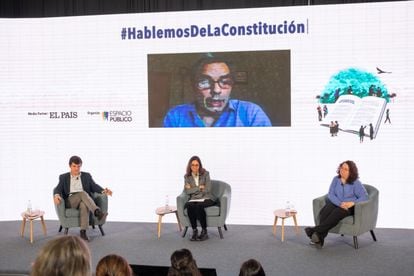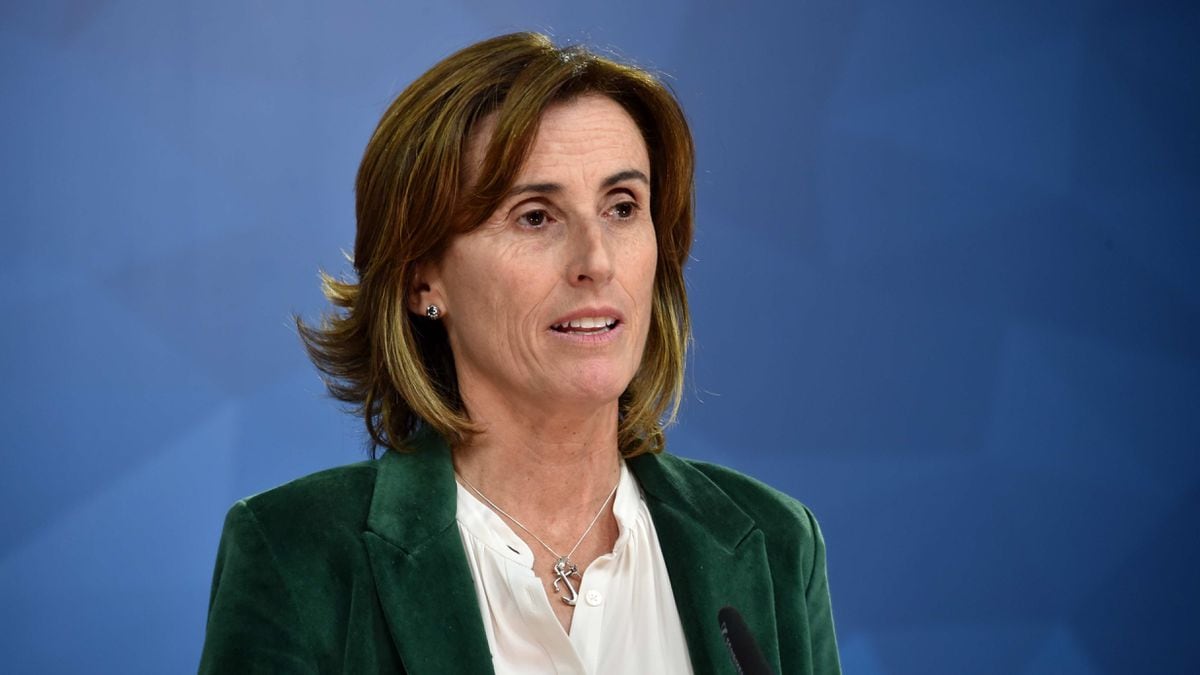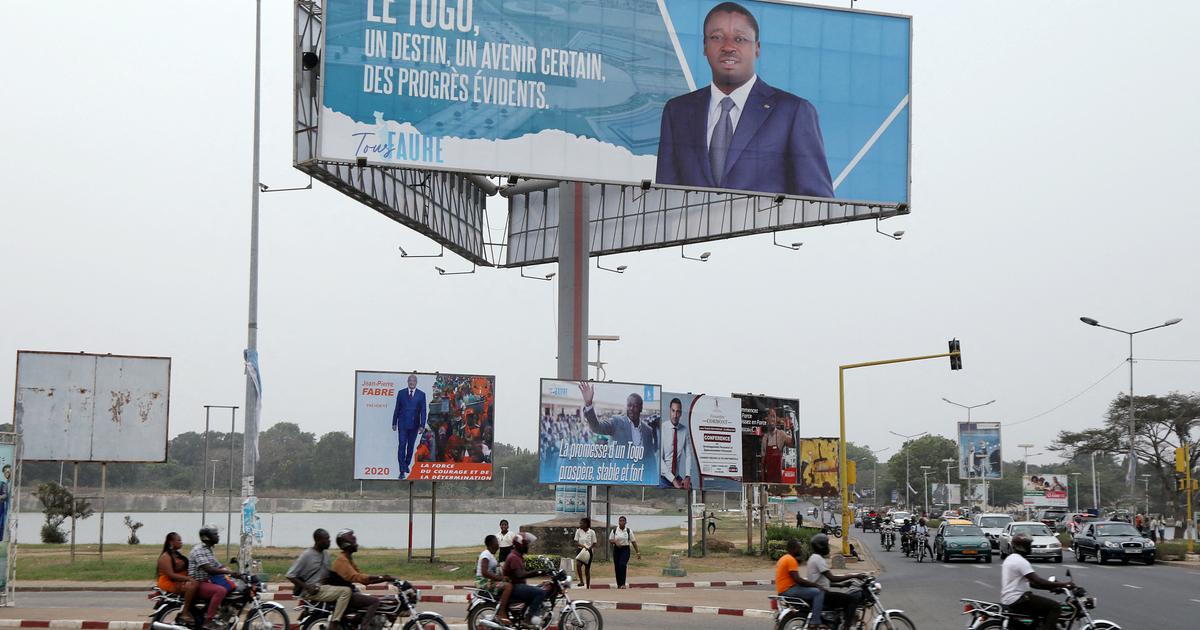A seminar organized in Santiago de Chile by Espacio Público, on August 4, 2022. Espacio Público
One month before a plebiscite in Chile, in which more than 15 million voters will decide whether to approve or reject the new Constitution proposed at the beginning of July by the Constituent Convention, the independent study center Espacio Público held this Thursday in Santiago de Chile a seminar to discuss the background, implications and possible scenarios that will open after the referendum on September 4.
They have done so through 16 experts, both from Chile and abroad, who have dissected the proposal.
"Regardless of the option we choose, from Espacio Público we believe it is essential that the decision be informed, having in view all the elements that allow us to decide", assured the economist Paula Benavides, executive president of the study center,
In the seminar #HablemosDeLaConstitución, the distribution of power was discussed in a conversation moderated by Diego Gil, an academic from the Government School of the Catholic University of Chile.
"The proposal for a new Constitution reflects a redistribution of power by being very inclusive in parity, indigenous and environmental issues, which are innovations worldwide," reflected María Victoria Murillo, director of the Institute of Latin American Studies at Columbia University.
For Gabriel Negretto, director of the doctorate at the Political Science Institute of the Catholic University of Chile, "the first judgment that must be made of the new Constitution is whether it responds to the historical causes that made it necessary and try to overcome the deficiencies that had been detected by the experts and the public”.
Julieta Suarez-Cao,
associate professor at the Institute of Political Science of the Catholic University of Chile and member of the Network of Political Scientists, emphasized the redistribution of territorial power: “Any movement towards greater decentralization implies a redistribution of power in our country.
We can see the regional state as an intermediate between a decentralized unitary state and a federal state”.
One of the aspects that generated the greatest consensus of the new Constitution has been social rights and another of the conversations in the seminar took place on this point, where the challenges of its implementation were addressed.
Moderated by Luis Cordero, academic at the University of Chile and director of Espacio Público, this discussion space featured the participation of Verónica Undurraga, academic at the Adolfo Ibáñez University Law School and director of the study center, who put on a special emphasis on a proposal for a feminist Constitution, where domestic and care work is recognized: “68% of care work in Chile is done by women and it is direct care work – caring for children or the elderly, for example – and indirect, in reference to tasks such as washing.
It represents 22% of the GDP in Chile, if a replacement rate were made”, explained Undurraga with respect to one of the most relevant rights, in his opinion, that the proposal has.
“It is much more than a new right.
It is part of the pact,” said the lawyer.
Rodrigo Uprimny, full professor at the National University of Colombia, spoke about social rights.
“The care system represents a revolution in the understanding of the social compact and in economic thought.
Much more than the rights of nature, which seems controversial to me”.
For Joan Subirats, Minister of Universities of Spain and an expert in public policies, “the Constitution, in its current draft, indicates a decentralized logic.
The level of articulation between rights requires a closeness that the state logic does not usually contemplate”.
For the same reason, he emphasized that "the implementation framework is very demanding."
One of the most controversial aspects of the text that will be plebiscitated on September 4 is related to plurinationality and this was discussed in the third space of the Public Space seminar, moderated by Dany Jaimovich, academic, director of the doctorate in Economics at the University of Talca .
Jorge Contesse, professor at Rutgers Law School (USA), recalled that Chile and Uruguay are the only countries in Latin America that do not constitutionally recognize their indigenous peoples: “They are not privileges for indigenous peoples, but rather rights that are recognize after an evolution of international law of more than a century”, assured Contesse.
For Shireen Morris, a full professor at Macquarie University (Australia), "constitutions are agreements that generate power and, often,
The seminar #HablemosDelProcesoConstituciónnte closed with a debate on the opportunity that the plebiscite represents to process the conflicts in Chile.
Moderated by the economist Andrea Repetto, director of Espacio Público, this conversation included the participation of Kathya Araujo, an academic from the University of Santiago de Chile, one of the main thinkers of Chilean social life, a reference author to understand the outbreak of 2019. For Araujo, the conflicts in Chile were added around the concentration of wealth, power, recognition, along with conflicts of values within society.
“Individuals in Chile today face very high degrees of overwhelm due to the demands and uncertainties,
they have a very large distance from all the institutions and a high degree of retraction to their neighboring worlds.
Chilean society is in a very big dispute over norms, values, codes and principles that order social relations.
It's not just a political dispute," said the researcher.
The writer Patricio Fernández, director of Espacio Público, who was a conventional constituent, said that “what is going to be played in the plebiscite is which campaign is less arrogant, which listens more to the fears of those who are not sure, and which generates more confidence for carry forward the path that promises”.
Meanwhile, Marta Ruiz, commissioner of the Commission for the clarification of the truth, coexistence and non-repetition of Colombia, made a parallel with the experience of her country.
“The Constitution of 91 arises from a very deep crisis.
Of course, it did not solve all the problems, but today all Colombians defend it."
Ruiz, in turn, highlighted the importance of listening: “Sometimes, in these situations, one thinks that the important thing is who shouts the most, but it is essential to listen to those who reject, what expresses that refusal.
Subscribe here to the EL PAÍS América newsletter and receive all the key information on current affairs in the region.









